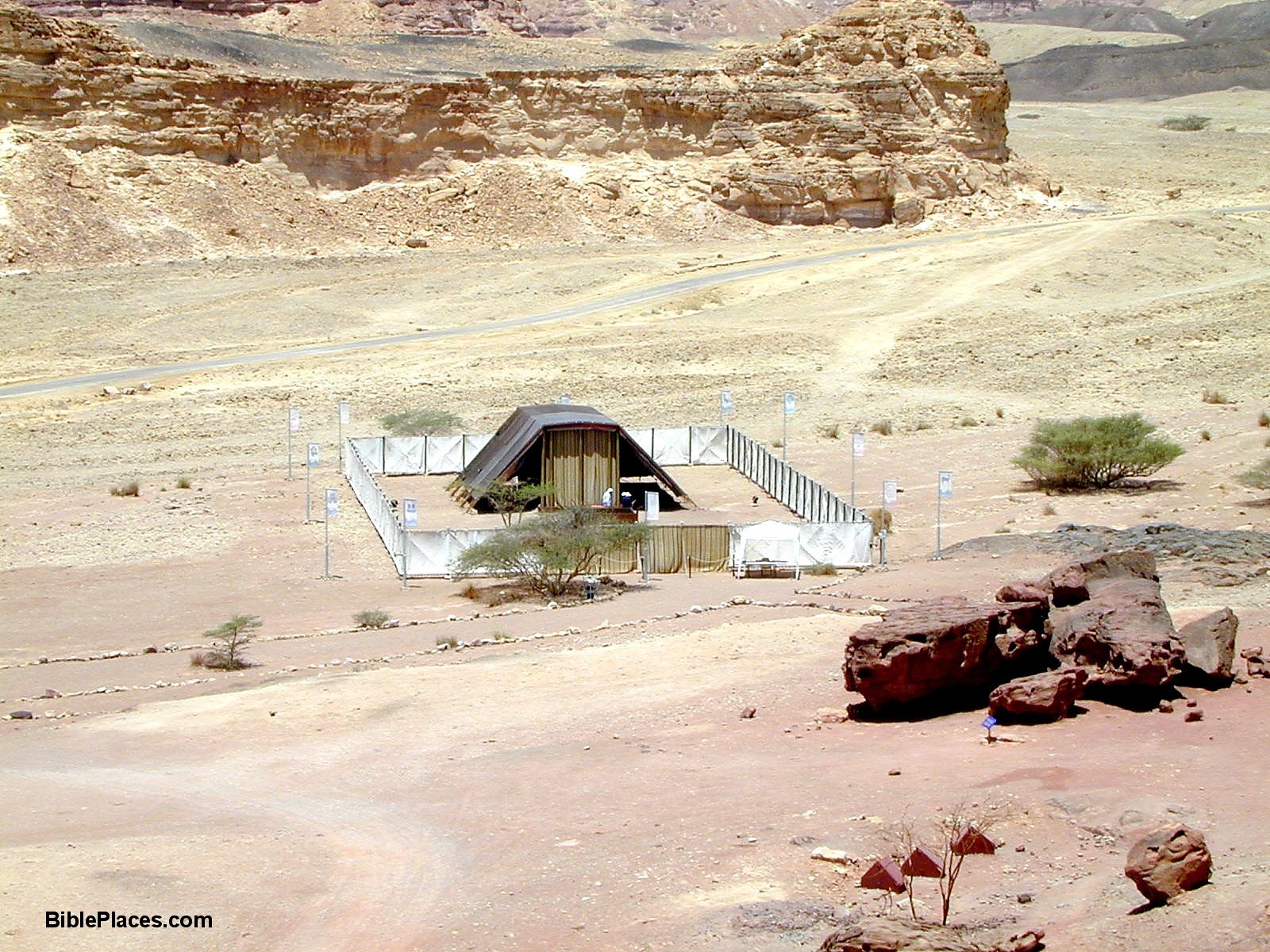
 |
Freethought & Rationalism ArchiveThe archives are read only. |
|
|
#81 | |||
|
Veteran Member
Join Date: Sep 2004
Location: Birmingham UK
Posts: 4,876
|
Quote:
Quote:
Andrew Criddle Edited to Add According to the Fourth Century Christian writers, Constantine/Helena rebuilt an existing site previously associated with the birth of Jesus, they did not discover a brand new site. |
|||
|
|
|
|
#82 | ||
|
Veteran Member
Join Date: Dec 2008
Location: Hillsborough, NJ
Posts: 3,551
|
Oshri was of the opinion that Bethlehem in the Galilee was a reasonable place for Yoshke's birth.
The OT also has some comments that suggest Bethlehem was in a different place - For example,  Rachel's_Tomb Rachel's_TombQuote:
Quote:
|
||
|
|
|
|
#83 |
|
Veteran Member
Join Date: Sep 2005
Location: San Bernardino, Calif.
Posts: 5,435
|
Not ever?
There is no archeological evidence in my back yard of any Indian occupation from California's pre-Spanish era. Would I therefore be justified in telling people there used to be an Indian village in my back yard? |
|
|
|
|
#84 | |
|
Veteran Member
Join Date: Sep 2005
Location: San Bernardino, Calif.
Posts: 5,435
|
Quote:
Didn't Paul say the same thing about the first Christians? |
|
|
|
|
|
#85 | |
|
Veteran Member
Join Date: Nov 2005
Location: United Kingdom
Posts: 3,619
|
Quote:
If there is written or if there is an oral tradition, then any one of these two may be taken as evidence for the existence of habitation in the distant past in some geographical zone. If archaeology has so far failed to find sufficient supportive evidence, then the paucity of archaeological findings is compatible with the existence of that community in the distant past until such time as it is proven that existence to have been impossible. |
|
|
|
|
|
#86 | ||
|
Veteran Member
Join Date: Sep 2005
Location: San Bernardino, Calif.
Posts: 5,435
|
Quote:
We're talking about written evidence in either case, since we cannot know about any ancient oral traditions unless somebody referred to those traditions in some extant document. So, we have a document in which some place was said to be inhabited. That document is evidence for habitation insofar as actual habitation at the time in question constitutes a good explanation for somebody's believing so at the time the document was written. But this hypothesis must be compared against whatever alternative hypotheses may recommend themselves. That depends. We might have good reason to think it improbable that if a place was once inhabited, no evidence of that habitation would have survived. That is why archeologists are now very sure that no group of Israelites ever spent 40 years wandering around the Sinai Peninsula. |
||
|
|
|
|
#87 | ||
|
Veteran Member
Join Date: Jul 2004
Location: Western Sweden
Posts: 3,684
|
Quote:
Quote:
|
||
|
|
|
|
#88 | ||
|
Veteran Member
Join Date: Nov 2005
Location: United Kingdom
Posts: 3,619
|
Quote:
 The Tabernacle in the time of Moses Nomadic people, whether Israelite or Vulcan, travel lightly and leave a small footprint: still, that archaeologist have nothing interesting to say is surprising since in my experience they are very imaginative in reconstructing the unknown past. |
||
|
|
|
|
#89 |
|
Veteran Member
Join Date: Sep 2005
Location: San Bernardino, Calif.
Posts: 5,435
|
A small footprint is not a nonexistent footprint. And if archeologists rely as much as you insinuate on their imaginations, their failure to find even a small footprint of the Israelites' 40-year trek through Sinai is all the more reason to think that no such trek happened.
|
|
|
|
|
#90 | |
|
Veteran Member
Join Date: Nov 2005
Location: United Kingdom
Posts: 3,619
|
Quote:
|
|
|
|
| Thread Tools | Search this Thread |
|